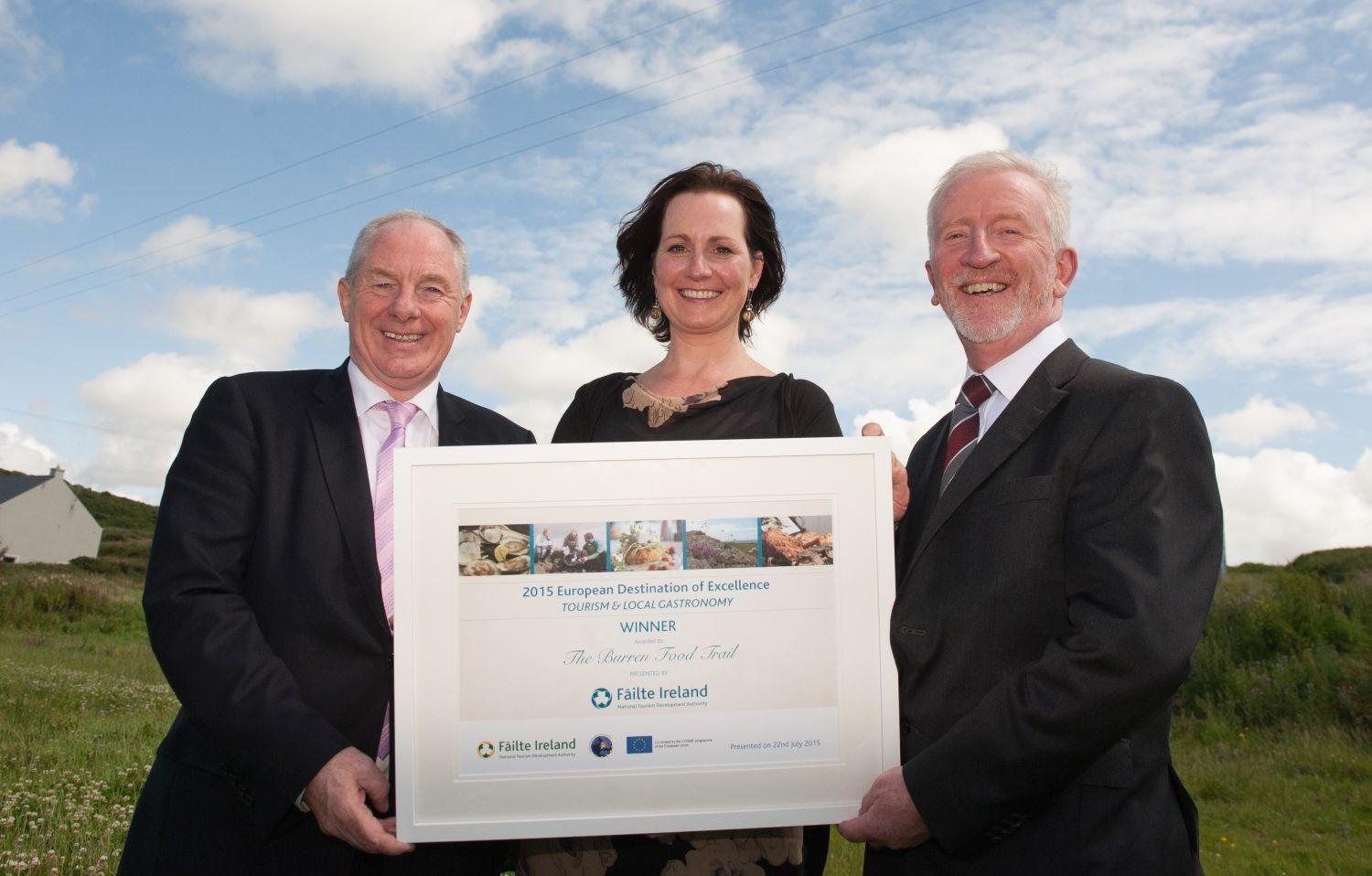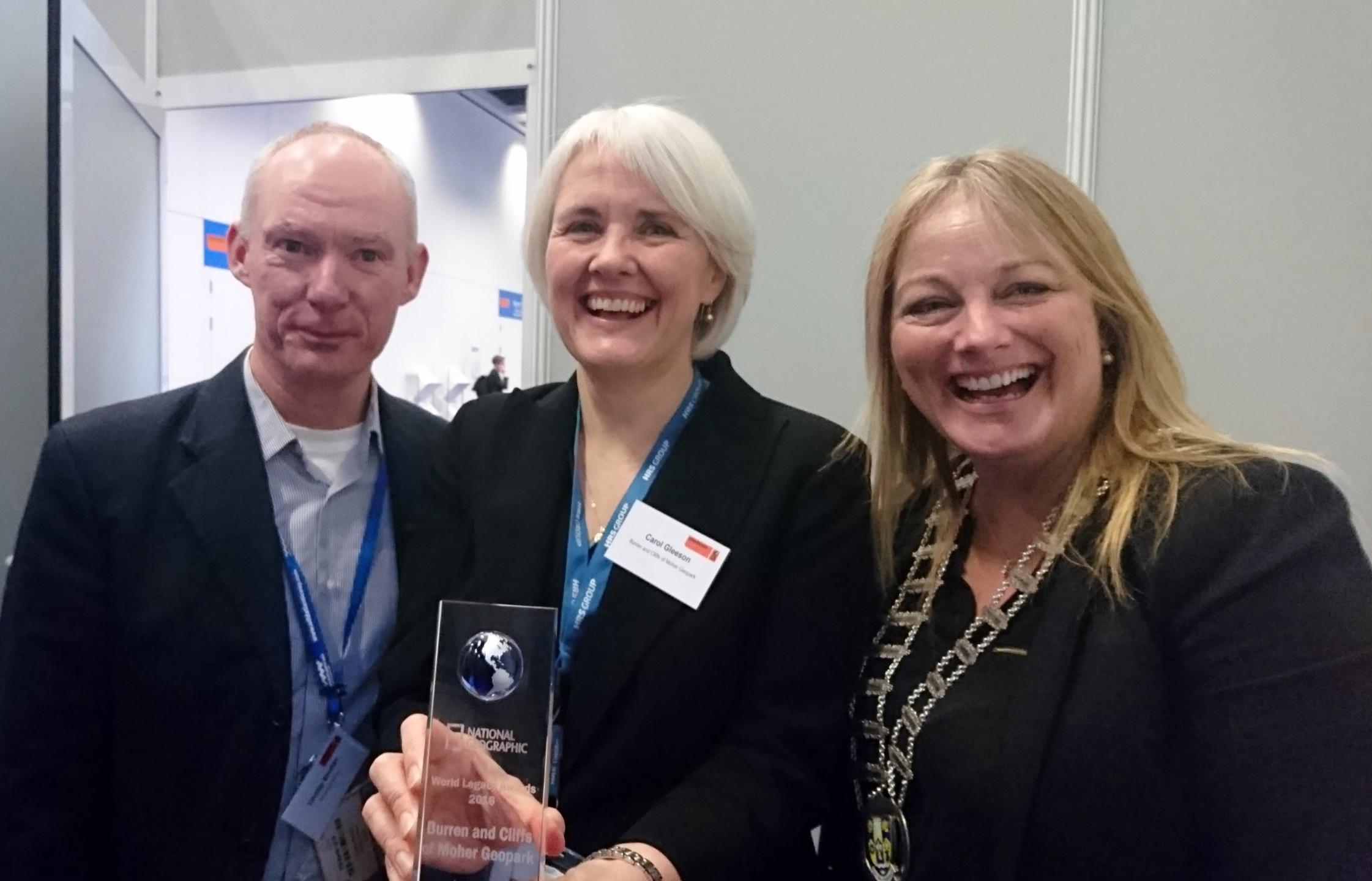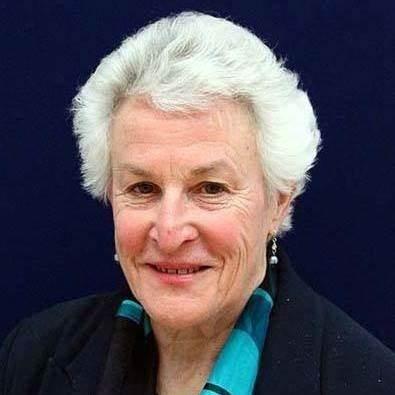GeoparkLIFE 2013-2017 was a Tourism for Conservation Demonstration Programme established by the Burren and Cliffs of Moher Geopark to seek a collaborative balance between the tourism interests and the conservation needs of the Geopark region.
'The Engagement of Tourism Enterprises in Sustainable Tourism Practices' was one of three strands of this programme. Prior to setting up The Tourism Space, Tina was contracted to lead this particular strand.
The key question that guided her research and work with tourism enterprises was: 'how can it be made palatable and practical for tourism enterprises to engage in sustainable tourism practices?'
The outstanding output from that strand was the creation, testing, refinement and implementation of the Geopark Code of Practice for Sustainable Tourism.
Tina led the iterative process that led to the creation of the Code. This process involved many people: the member businesses, the Geopark Management and the range of public agencies involved in the destination.
The Code is based on 6 Principles inspired by the exact principles of the Geopark's mission statement. These same principles guided the overall peratnership approach of the Geopark.
6 Guiding Principles of the Geopark Code of Practice for Sustainable Tourism:
- working together
- a cared-for landscape
- vibrant communities
- strengthened livelihoods
- a well-understood heritage
- sustainable use of resources

For each principle, the Code spells out exactly the actions any business in the Geopark can undertake in order to honour and implement that principle, as well as detailing what evidence they can provide to prove it.
Evidence of implementing a minimum number of measures is required to demonstrate meaningful engagement with the Code. A Plan of Action to implement the other measures of the Code on a phased basis is then required to plot the 'journey of continuous improvement' that members commit to, both individually and collectively.
The emphasis is on the collective approach, focusing less on the 'drop-in-the-ocean' actions of one business, and more on the combined and cumulative effects of many businesses within a destination taking the same action simultaneously.

Impact of the Code of Practice
- It marries the economic, environmental and social aspects of sustainability into one unifying Code, interweaving marketing and business development with conservation and community projects.
- It ‘translates’ global sustainable tourism standards and aspirations into a localised set of principles and actions for businesses. This makes it relevant to the place where businesses work and host visitors.
- It provides a common, accessible language that is easily understood by all businesses.
- It creates a common Code that links the largest visitor attraction with the smallest single-person business. Each can implement and adopt it and each can fully understand and trust what the other has achieved.
- It creates positive peer pressure and creates an interdependence between the businesses. Every business had a responsibility to approach the Code with integrity or else risk damaging the reputation of the entire group.
- Because it is evidence-based and subject to independent verification, it gives credibility and integrity to the group.
- It enables every business in the region to get started on the sustainability journey, opening the door to every business irrespective of their current level of activity. It promotes a ‘journey of continuous improvement’ and focuses on empowering businesses to begin and continue the journey.
Why adopt local standards instead of global ones?
The project tested the use of national and international certification systems. Initially, it was assumed that these would be required as a mark of integrity and credibility for the practices of the businesses. However, a key finding of our research was that certification is useful for individual businesses who wish to progress their sustainability journey. It is less so for a group of businesses across a destination (of different sizes, areas of activity and at different stages in their journey) who wished to progress together. Prescriptive global standards did not have the ability to bind a group of businesses together, to give them a shared language or to help them articulate a vision for their place.
It then became a question of figuring out how to marry global standards with the local reality: 'How could we honour global principles and translate them into local practices?'
The principles are global and reflect the frameworks of international standards such as GSTC and ETIS. It is the practices that are local. The practices defined in the Code of Practice i.e. the list of actions that sit behind each principle (about 60 in total across the 6 principles), reflect the particular opportunities and challenges of the Burren & Cliffs of Moher Geopark destination. This makes them meaningful, relevant, practical, palatable and impactful.
Click here to visit the GeoparkLIFE Website.
Click on the image on the right to download the Good Practice Guide to Engaging Tourism Enterprises, which was authored by Tina on the completion of this project.
The Burren Project has been recognized through numerous local, national and international awards including the National Geopraphic World Legacy Award, The European Destination of Excellence Award and the Lonely Planet Best in Travel for Community Tourism.




Anna Pollock, Conscious Travel
"In my opinion, this is a first-rate example of community-led regeneration in the tourism domain."
We have further developed the Code of Practice Concept into The Super Six of Better Tourism Business.
We use the Super Six as a framework to facilitate the localization of standards in other destinations.

Contact
Email: [email protected]
Privacy
We use cookies to improve your experience, by your continued use of this site you accept such use.
For more view our Privacy Policy
Sign Up To Our Newsletter
Some of our projects have been part-funded by the LEADER program, through the National Development Plan and the European Agricultural Fund for Rural Development.



